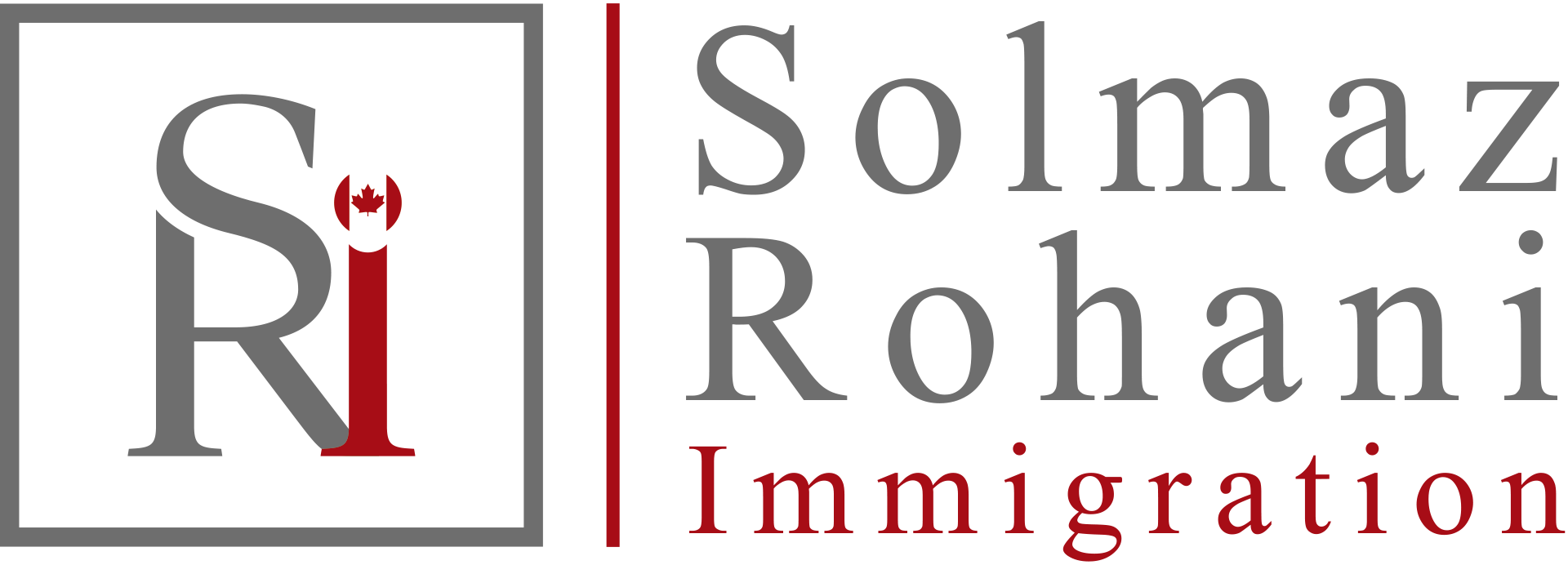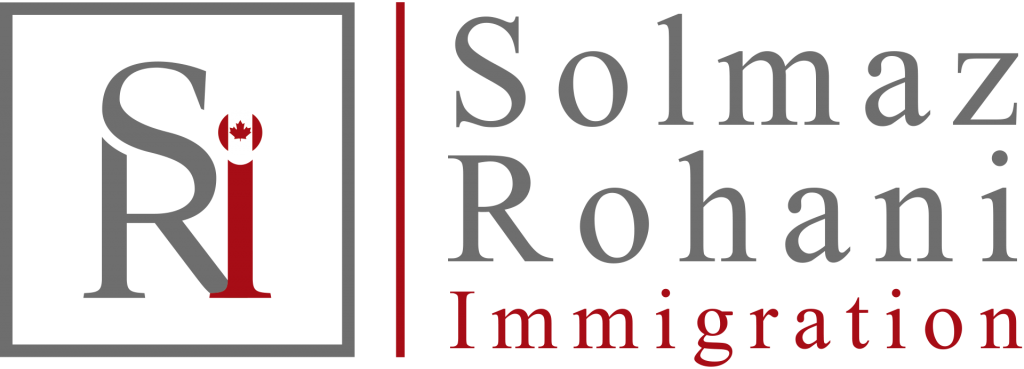We provide the full range of services to assist Canadian citizens and permanent residents to bring their foreign family members to live in Canada. Our firm’s many years of experience with spousal and common-law partner sponsorships provides unparalleled expertise and guidance through Canada’s complex sponsorship process.
Canadian citizens and permanent residents can sponsor their parents and grandparents to immigrate to Canada. Sponsored parents and grandparents will obtain permanent resident status, allowing them to live in Canada indefinitely, to work or study if they want to, and to access social services such as medical care. A parental sponsorship application is a two-step process whereby the Canadian applies to be approved as a sponsor, then once this application is accepted, the foreign parents or grandparents apply for permanent residence on this basis.
The basic requirements of the program are as follows
Income Requirement – the Canadian sponsor has to show income at least 30 percent above the LICO (low income cut-off level) in order to meet the minimum necessary income requirement. The amount of income required is based on total family size, including the sponsor, his or her immediate dependents, and the family members being sponsored, including any dependents that they may have.
Income Requirement is for Three Years – the sponsor has to show that they have met the minimum necessary income requirement for the past three years
Notice of Assessment(s) is the Only Evidence of Income – to prove their income sponsors may only use their income tax returns as documentary evidence, as the immigration authorities will not consider other evidence of income.
20 Year Sponsorship. the sponsor has to agree to be financially responsible for the parent or grandparent for a period of 20 years.
10,000 Applications Limit – Only 10,000 applications will be accepted per year. This cap renews in January of each year and after it is filled the category will be closed until the next year.
If the Canadian sponsor is approved, the parental sponsorship application will be processed at a Canadian immigration office or visa office. The typical processing time is approximately one year. Once approved the foreign parents will be issued permanent resident visas that they can use to travel to Canada, and they will become permanent residents upon entry into the country.
Super Visas for Parents and Grandparents
The general policy of the Canadian immigration authorities is not to issue visitor visas to family members who are being or may be sponsored. An exception to this policy is the Super Visa for parents and grandparents of Canadian citizens or permanent residents. The Super Visa is a type of visitor visa which allows parents or grandparents to visit Canada for up to two years at a time. They are typically 10-year multi-entry visas. To qualify for such a visa the Canadian child or grandchild must show that they have sufficient income to support the visit, and the visiting parents or grandparents must purchase private medical insurance.
Other Restrictions
As with most other immigration applications, sponsored immigrants must pass criminal record checks, security checks, and medical tests to ensure that they are not inadmissible. A Canadian sponsor must also meet various criteria, including that they have sufficient income, are not bankrupt or collecting social assistance, have not been convicted of certain crimes, and they are not in default of a previous sponsorship.
Appeals
It will sometimes happen that an application to sponsor a family member is rejected by the immigration authorities. Refusals occur for many reasons, the common ones being that the sponsor does not have sufficient income to qualify as a sponsor, or the applicant is inadmissible to Canada due to criminality, misrepresentation, or health concerns. Most refusals of family sponsorship applications are made to the Immigration Appeal Division (IAD) of the Immigration and Refugee Board. These appeals must be made within 30 days of the sponsor’s receipt of the refusal decision in writing. The IAD has equitable jurisdiction, which means that the judge may allow the appeal on humanitarian and compassionate grounds even if they are satisfied that the decision is correct in law. Some types of sponsorship refusals are not able to appeal to the IAD because the IAD does not have legal jurisdiction, for example refusals of previously undeclared relatives. In these circumstances, an appeal may be made to the Federal Court.



